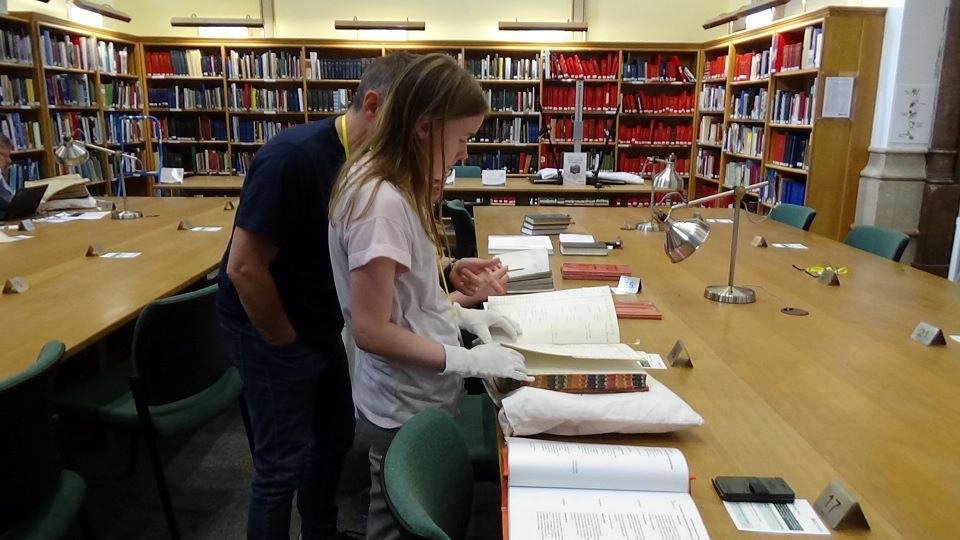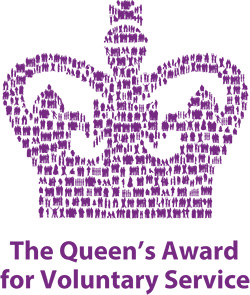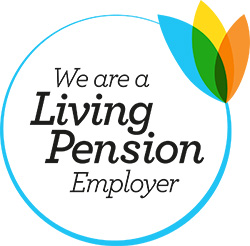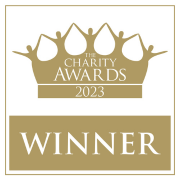Celebrating Disability History Month: Investigating the Experiences of Women with a Learning Disability in World War One
Warning: This article contains offensive language used to describe people with a learning disability during the First World War.
Disability History Month runs 16th November – 16th December. It is an annual event focused on the history of people with disabilities.
This disability history month we want to celebrate the important research our members are doing to bring to light the overlooked history of people with learning disabilities. In 2020 a group of members worked on the Pioneers research project to find out about the experiences of people with learning disabilities during World War One. They found records of men being enlisted into the British army who had learning disabilities and followed their lives.


The team uncovered over thirty stories of men with learning disabilities who stayed at field hospitals in France and Belgium, and military hopsitals in England such as the Royal Victoria and Royal Albert hospitals. They explored the terms used to describe people with a disability, such as ‘imbecile’ and ‘feeble-minded’. Sources from the National Archives showed that prior to the war, many individuals with a learning disability lived permenantly in secure hospitals and engaged in work such as tailoring. Following the outbreak of war in 1914, these individuals enlisted themselves, with some rising to the ranks of Lance Corporal.
For our current research project, the team have decided to focus on the experiences of women duing the First World War. A small team of young female researchers are working alongside a steering committee, which includes members who were part of the original Pioneers research team. The two research groups have been working together to try and find records of women with learning disabilities in Oxford in the year 1918. Through visits to archives and research centres, they are hoping to find out what their lives were like compared to men with learning disabilities at this time.
Gina Regan, who worked on the original Pioneers project and is now on the steering committee for the women’s research, said “so far we have had some meetings discussing what we want to find out and have taken one trip to the Oxfordshire History Centre Archives. We saw a lot of very old books that we had to wear special gloves to touch. We were looking at records of people being detained, it was quite upsetting to see how they were treated and the words that were used to describe them.”
“No one talks about history from the perspective of disabled people, so it feels good to be doing it.”
“It’s really interesting to be working on this again, I am learning things I never would have learned before. No one talks about history from the perspective of disabled people so it feels good to be doing it even though it can be hard to follow and upsetting to look at.”
“I learned that there was no such thing as learning disability in around 1918, there were all different words and categories used. I want to keep finding out more about these women and their lives because it is interesting to feel like you have a connection and the same experience as someone but from so long ago.”
Thank you to the National Lottery Heritage Fund for funding this project.
Can we support you with your research project?
For more information on our Research Projects, please click here or get in touch with Iarfhlaith, our Research and Projects Coordinator, at iar@mylifemychoice.org.uk.




